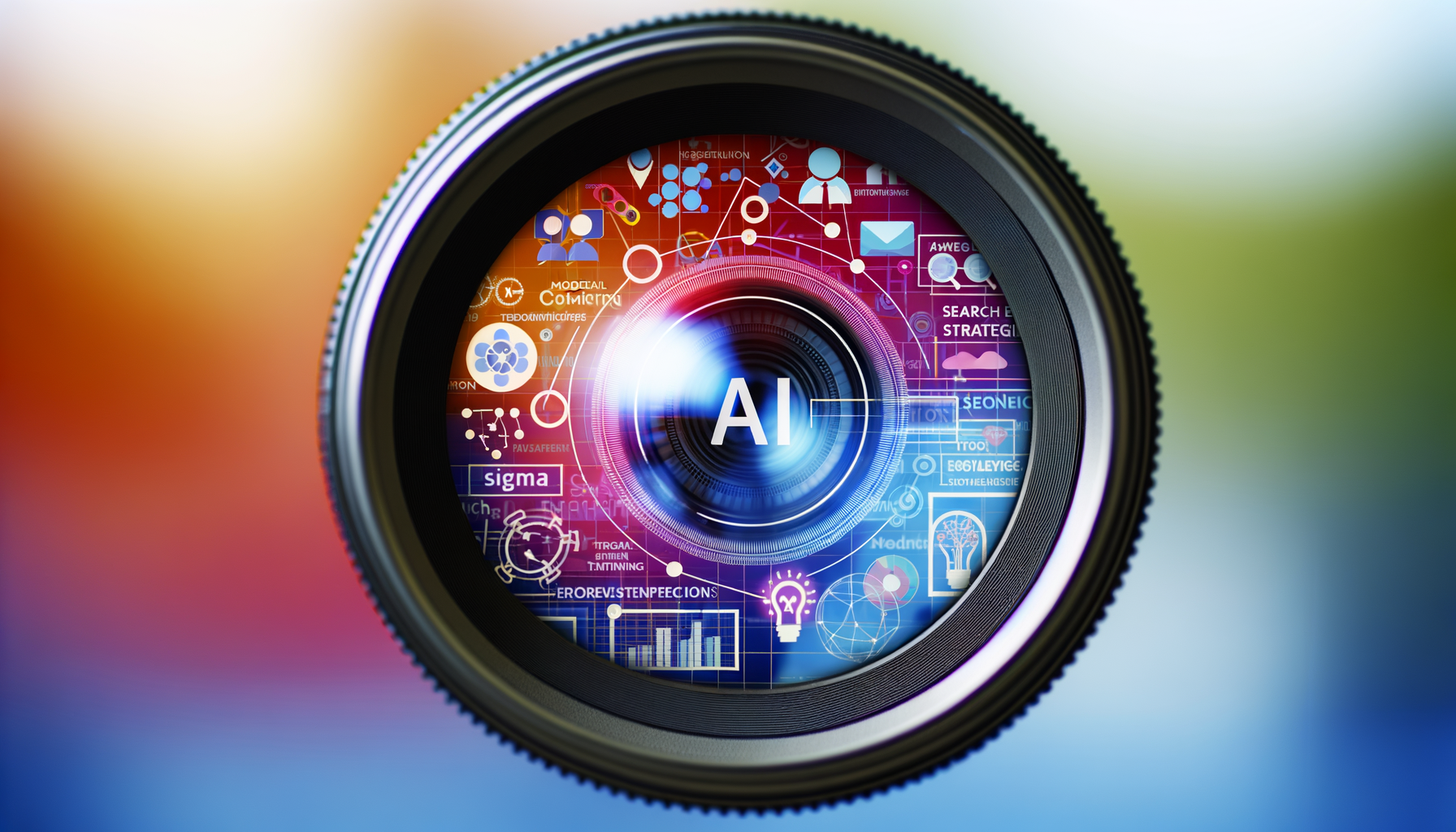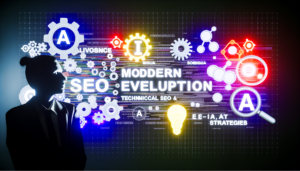The Role of Artificial Intelligence in Modern SEO Strategies
Search Engine Optimization (SEO) has evolved dramatically with the rise of artificial intelligence (AI). Today, AI isn’t just a buzzword—it’s a transformative force reshaping how businesses approach search rankings, content creation, and user engagement. From automating keyword research to personalizing user experiences, AI tools are enabling marketers to work smarter, not harder. This article explores how AI is revolutionizing SEO, diving into its applications in data analysis, content optimization, predictive analytics, and user intent interpretation. By understanding these advancements, businesses can stay ahead in an increasingly competitive digital landscape. Let’s uncover how integrating AI into SEO strategies can unlock unprecedented efficiency and precision.
AI-Powered Keyword Research and Data Analysis
Traditional keyword research often relies on manual analysis and guesswork. AI changes this by processing vast datasets to identify high-value keywords, search trends, and user intent with unmatched accuracy. Tools like Google’s BERT and third-party platforms leverage natural language processing (NLP) to analyze semantic relationships between terms, uncovering long-tail keywords and contextual queries that humans might overlook. For instance, AI can predict emerging trends by tracking real-time search behavior, enabling marketers to optimize content proactively. By automating data collection and pattern recognition, AI reduces time spent on research while delivering actionable insights that align with search engine algorithms.
Content Optimization and Personalization at Scale
Creating SEO-friendly content is no longer about stuffing keywords. AI-driven tools like Clearscope and SurferSEO analyze top-ranking pages to recommend optimal content structure, keyword density, and readability improvements. Beyond technical adjustments, AI enhances personalization by tailoring content to individual user preferences. Machine learning models segment audiences based on demographics, browsing history, and engagement patterns, allowing dynamic content adjustments. For example, chatbots powered by AI can deliver personalized recommendations in real-time, boosting dwell time and reducing bounce rates. This level of customization not only improves rankings but also fosters deeper connections with audiences.
Predictive Analytics for Future-Proof Strategies
One of AI’s most powerful SEO applications is predictive analytics. By analyzing historical data and algorithm updates, AI forecasts future ranking factors and user behavior shifts. Platforms like MarketMuse use predictive models to identify content gaps and prioritize topics likely to gain traction. Additionally, AI monitors competitors’ strategies, highlighting opportunities to outperform them. For instance, predictive tools can alert marketers to seasonal trends or algorithm changes before they impact rankings, enabling swift adjustments. This proactive approach minimizes risks and ensures SEO strategies remain resilient amid constant industry changes.
Enhancing User Experience with AI-Driven Insights
Search engines increasingly prioritize user experience (UX) metrics like page speed, mobile-friendliness, and interactivity. AI excels in optimizing these elements by identifying technical issues and testing solutions autonomously. Tools like Google’s PageSpeed Insights use machine learning to recommend performance tweaks, while AI-powered heatmaps analyze user interactions to refine website layouts. Voice search optimization—another AI-driven frontier—relies on understanding conversational queries to improve voice assistant compatibility. By aligning SEO with UX enhancements, businesses not only climb rankings but also build loyalty by delivering seamless, intuitive experiences.
Conclusion
Artificial intelligence is redefining SEO by merging technical precision with human-centric strategies. From automating keyword discovery to predicting trends and refining user experiences, AI tools empower marketers to operate with unprecedented efficiency and foresight. Businesses that embrace these technologies gain a competitive edge, crafting strategies that adapt to algorithm updates and evolving user demands. However, success hinges on balancing AI’s analytical power with creativity—machines provide the data, but humans must interpret it to build authentic connections. As AI continues to advance, its role in SEO will only deepen, making integration essential for anyone aiming to thrive in the digital age.



